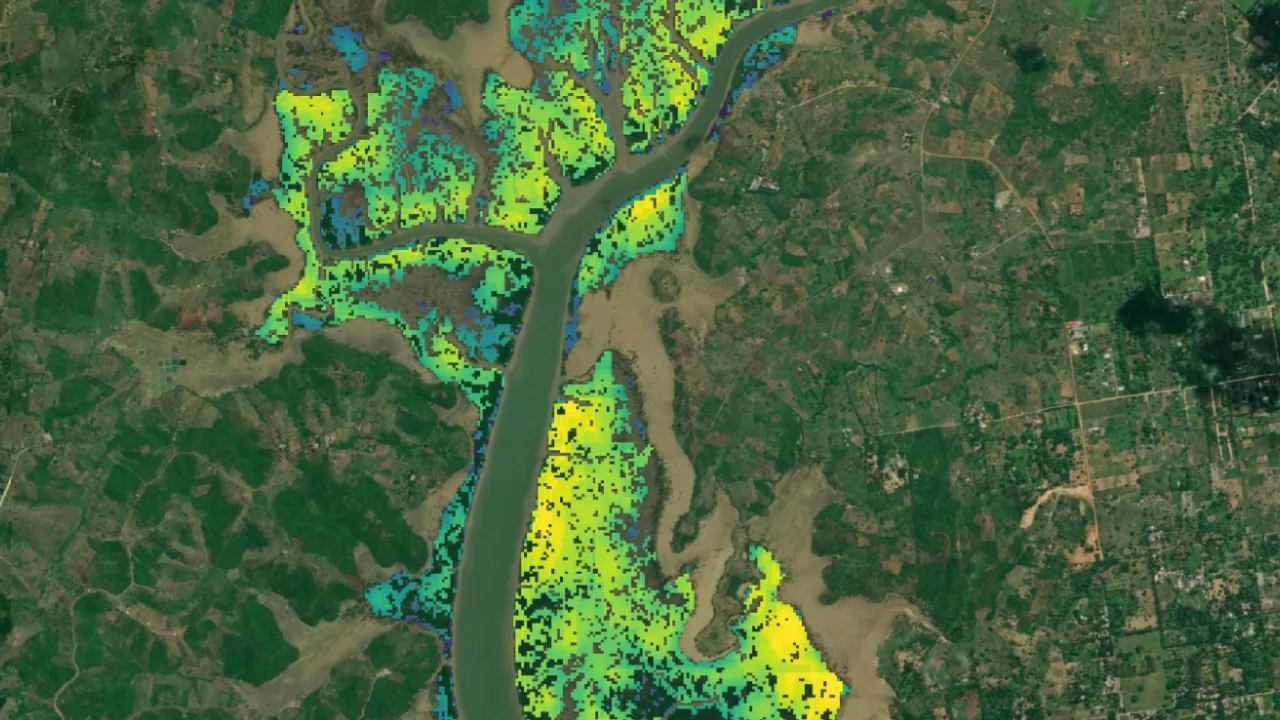Risk Series II | Commercial Risk
Considerations for financing a risky project
Carbon Credits
May 15, 2024
Siya Kulkarni

In a previous blog, we introduced the concept of risks associated with carbon credit purchases. We addressed the importance of geographical considerations for buyers when performing risk assessments, as well as the type of risks prevalent and ways to mitigate them. To summarise, risks related to location and geography can impact buyers financially and reputationally by creating obstructions to projects that invalidate or reverse carbon credits.
We continue with Chapter Two of our blog series on risks, focusing this time on the various commercial issues that buyers face, the impact of these risks, and how they might be mitigated.
Overview of commercial risks
We consider commercial risks to carbon credit buyers as risks stemming from market or financial dynamics.
According to LSEG analysis, transaction volumes in global carbon markets hit a record of US$949bn in 2023. Meanwhile, carbon buyers are driving voluntary carbon market (VCM) growth by focusing on premium credits of higher quality, which, in turn, cost more.
With organisations spending more on carbon credits to meet their emissions targets, assessing carbon credits' commercial risks before making a valuation and purchase decision is worthwhile.
Below are some times of commercial risks:
1. Price risk
Carbon credit buyers are always exposed to fluctuations in the price of their credits, particularly in the VCM. Price volatility is inevitable in this market with regulation changes, perceptions of carbon projects, and demand-supply dynamics.
For spot purchases of carbon credits, price volatility in the short term creates uncertainty and can cost an organisation if credit prices drop after purchase. Carbon traders also need to be wary of short-term volatility for spot purchases. Meanwhile, organisations that enter long-term offtake contracts or forward purchase agreements have better visibility on spending for carbon credits and can protect themselves from prices increasing dramatically in the future - however, they might not have downside protection in case prices for the same credits drop.
Buyers must be aware of price risks and trends when entering carbon purchase contracts, to prepare themselves for price risk from a strategic and financial point of view.
2. Financing risk
Early-stage carbon projects cannot rely on revenue from carbon purchases alone. Often, upfront costs for planting and implementation exceed the potential revenues from offtake or forward purchases of carbon credits and need to be met by additional seed financing. Developers rely on project finance providers—usually equity or debt investors—to supply this financing at an early stage.
Buyers purchasing ex-ante credits for an early-stage project often need to ensure interest or commitment from carbon project investors, and investors, in turn, hope that commitments from buyers about purchasing credits can ensure returns on investment. Financing risk refers to risks associated with a lack of financing or commitments from either side of the income streams for a carbon project - project financing and carbon revenues. The presence of both can effectively de-risk a project for each party and ensure that sufficient financing is available to get the project off the ground.
Risk mitigation and management options
Commercial risk management involves incorporating viable financing structures into the project design, establishing relationships and stakeholder engagement plans with all partners, and being aware of broader market opportunities and trends.
Risks from price fluctuations can be mitigated and managed by planning ahead - organisations can carry out a carbon footprinting exercise and prepare a decarbonisation plan to help them strategically purchase credits based on estimated needs in the future. While entering into a long-term offtake contract comes with its own risks, an offtake agreement for a well-planned project can help buyers secure pricing of carbon credits delivered in the future.
Risks from financing uncertainties can similarly be mitigated by ensuring the project is designed with sound and equitable financial terms for all parties involved and has commitments from both offtake purchasers and investors to get the projects off the ground.
How Treeconomy can help
Our goal is to further investments in nature-based carbon removal by de-risking projects for buyers, investors, and project developers. In addition to de-risking via remote sensing and monitoring, we also offer commercial solutions for carbon projects by bringing in project financing and offtake agreements for high-quality, community-driven carbon removal projects globally.
Don't hesitate any longer. Explore our marketplace or contact us at hello@treeconomy.co to take the first step toward achieving your climate targets.



